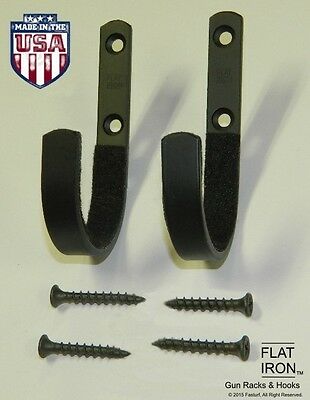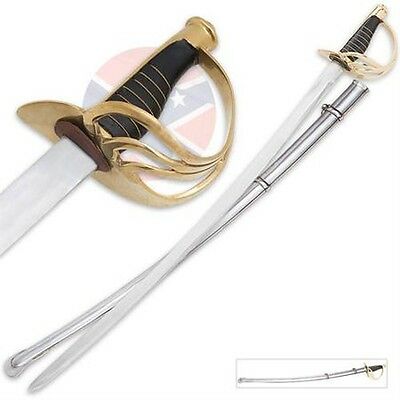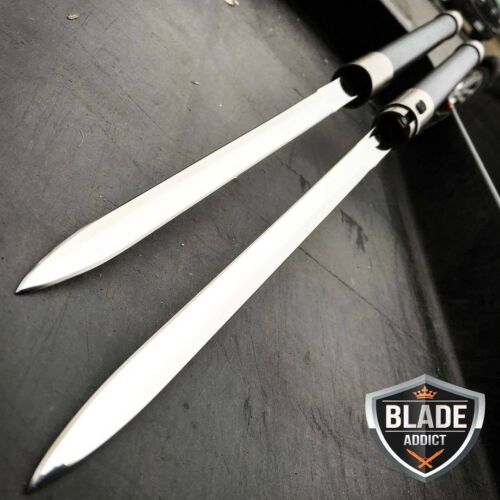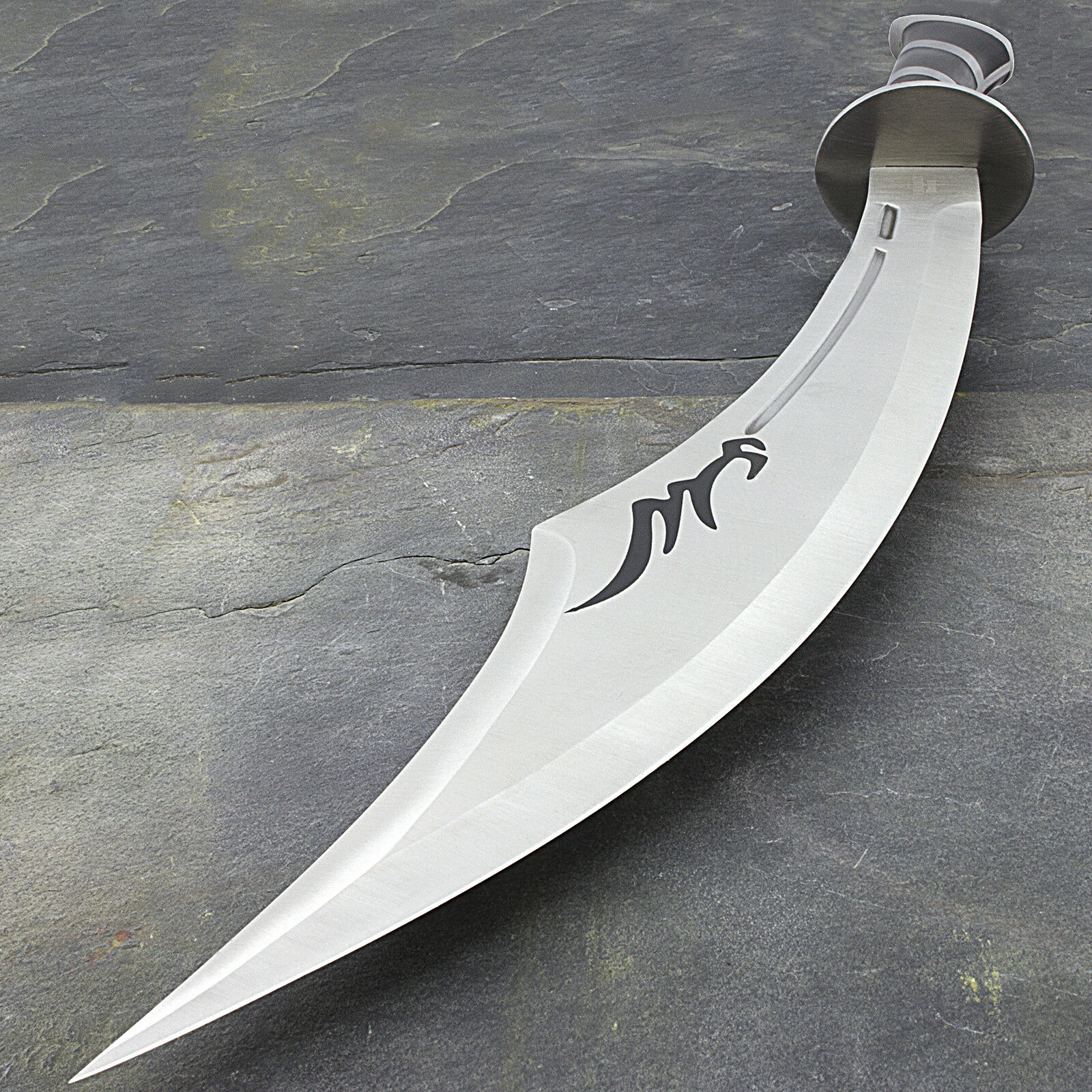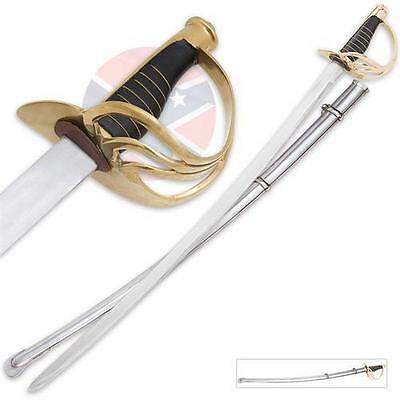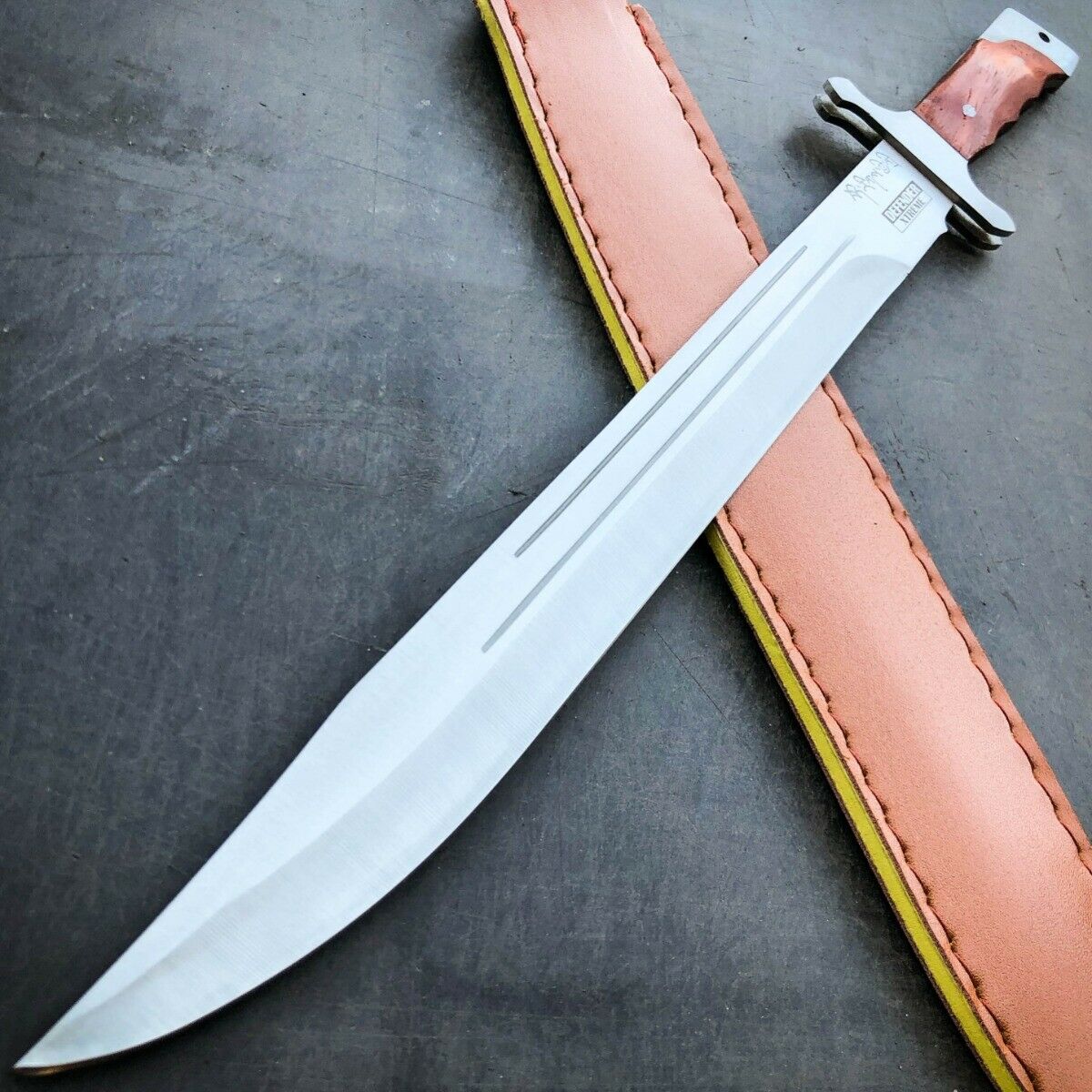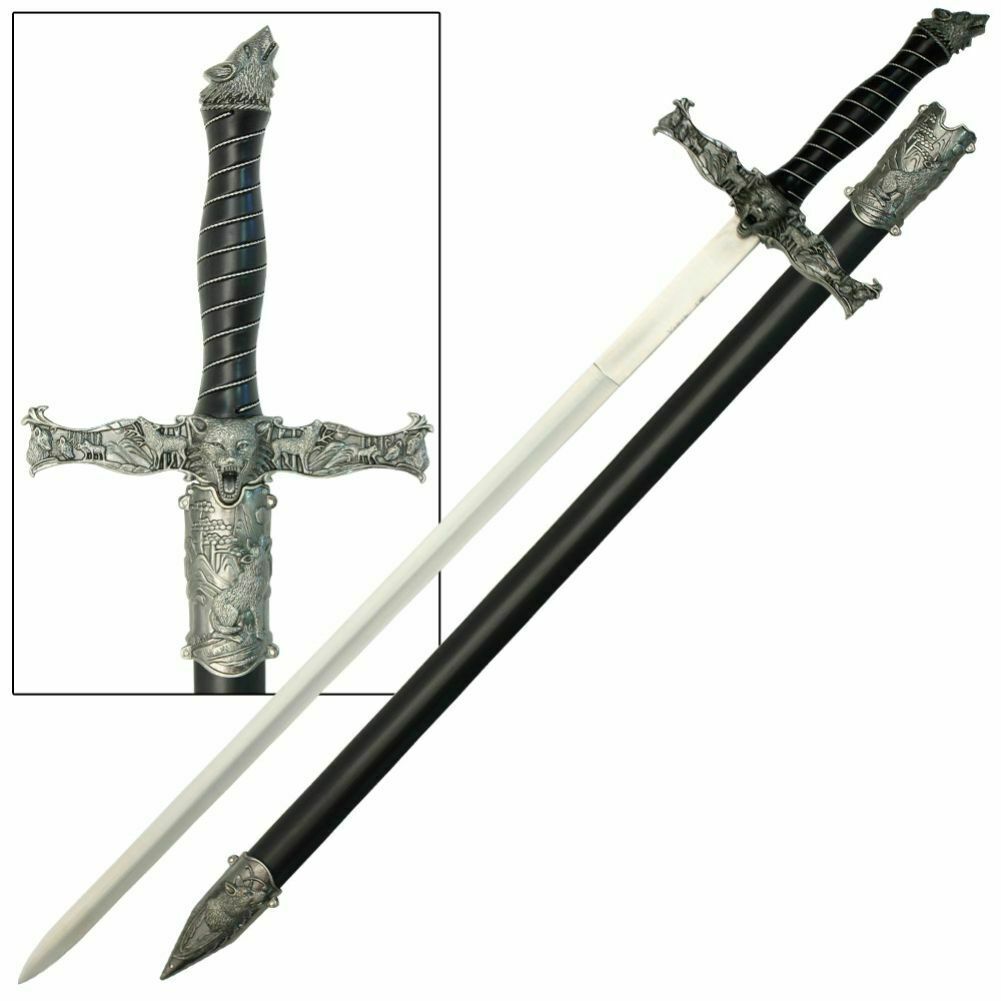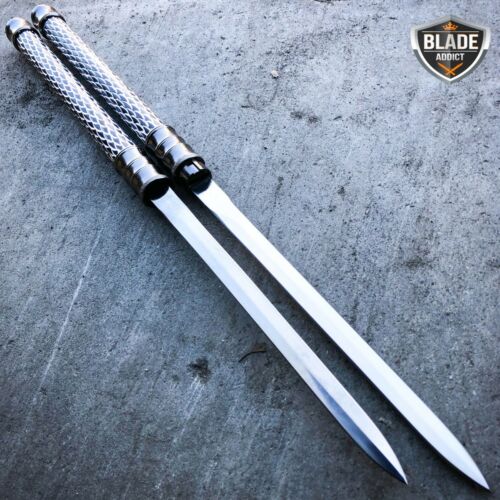-40%
Rare Viking Combat Knife 9-11 Century
$ 15.83
- Description
- Size Guide
Description
Viking combat knife 9th-10th centuryDescription
Viking knife 9th-11th century
The material is iron.
The metal is strong.
F
ound by a metal detector in a place where people lived that period from the 9-12 century. Mostly knives found in woods and farm fields
Restoration was carried out. Knife was cleaned and impregnated with special restoration museum materials
The knife has always been considered a worthy and expensive gift.
After all, at all times the knife belonged to sacred property.
And the use of this weapon was often accompanied by special rituals and conspiracies.
In ancient times, a person received a knife almost immediately after birth.
The father personally forged a knife for a newborn or ordered it from a blacksmith.
Often a knife, along with other sharp and hard objects: scissors, keys, arrows, stones, animal teeth, was placed in the boy's cradle.
It was believed that this provided strength, endurance, firmness of character.
These items were removed from the cradle after the baby's first teeth appeared.
At the first haircut of a child, he was placed on a table, usually on a casing, under which they put a spindle or comb for a girl, an ax or a knife for a boy.
The knife participated as an amulet in many rituals and spells.
He protected from evil spirits, gave strength and confidence.
A knife should not be given to a stranger.
In the view of our ancestors, the knife was a powerful carrier of energy, both good, creative, and aggressive and destructive.
The Byzantine chronicler Procopius of Caesarea wrote about the armament of the Slavs in the 6th century: “The shields of the bull bogatyrs are light, and all the weapons are light - spears made of strong wood ... swords are long at the elbow and knives are short, as well, and the scabbard goes well with them. " The above quote describes military equipment of the Slavic warrior of the 6th century.
It is also known that after several centuries the knife has not lost the status of a military weapon.
It is known that the strong and combat-ready squad of Prince Svyatoslav was armed, including shoe knives.
Researcher Maria Semenova writes: “Each soldier had a knife, a convenient household and camping tool, which, of course, could serve in battle.
Chronicles, however, mention their use only in heroic martial arts, in the pursuit of a defeated enemy, as well as during especially stubborn and cruel battles.
When you called the enemy to fight, you also used a knife.
In this case, the weapon was stuck into the ground or into the "matik" if it happened indoors.
Currently, "combat" scientists call knives longer than 20 cm.
A knife as an attribute of the masculine principle.
In Russia, there were cases when the ban on carrying a knife was perceived as a direct insult to man's dignity.
Usually a knife was worn on a belt or in the top of a boot.
The first method is considered more ancient.
During holidays or ceremonies, the knife was usually displayed, put on display.
There is an opinion that most of the rituals associated with sticking a knife into the ground are associated with fertility.
Mother Earth, Mother Cheese Earth, personified the feminine and fertility.
Knife or dagger, respectively, male.
A knife plunged into the ground symbolized the fertilization of the earth.
Not without reason, in some ancient drawings, idols depicted a dagger rather than a male genital organ.
But the perception of the earth as a woman, and the knife as a symbol of the masculine, was rather not sexual, but epic, global, universally giving birth.
Knife at the dinner table.
No less solemn was the attitude towards the knife and at the table.
For example, bread was cut either by the owner of the house or by an elderly woman.
When the family gathered at the table, the owner carefully, with great respect, cut the bread, attaching the breasts to it.
It was forbidden in antiquity and is still considered a bad omen from a knife.
A knife was put on the table only with a blade to the bread.
At night, all sharp objects were removed from the table in order to avoid quarrels and conflicts.
And to this day, a hunter, warrior, protector, earner lives in every person, so a real knife
and still considered bad luck, it's from a knife.
A knife was put on the table only with a blade to the bread.
At night, all sharp objects were removed from the table in order to avoid quarrels and conflicts.
And to this day, a hunter, warrior, protector, earner lives in every person, so a real knife
is still considered a bad omen, this is from a knife.
A knife was put on the table only with a blade to the bread.
At night, all sharp objects were removed from the table in order to avoid quarrels and conflicts.
And to this day, a hunter, warrior, protector, earner lives in every person, so a real knife
dreams on this
day are any real
.....
We try to describe and show each item as accurately as possible, we only deal with genuine artifacts, and we offer a guaranteed full refund on all items returned to us in the condition they were purchased.
Please view our other items, thanks for your attention and good luck
Delivery
I combine shipping.
The more you buy, the bigger the discount.
Shipped by air mail within 2 days after payment received, small registered parcel.
Delivery to Europe about 3-7 days.
USA and others 3-6 days.
After sending to the buyer, I send a tracking number for the postal item.
My perfect deals - selling all over the world
Finland, Latvia, Lithuania, Hungary, Ukraine, Kazakhstan, Germany, Italy, Croatia, Austria, France, Holland, Great Britain, Spain, Portugal, Greece, Israel, USA, Colombia, Mexico, Panama, Japan, China, Taiwan, Hong Kong, India and Australia.
You can find out about my sales history in the "Reviews" section!








